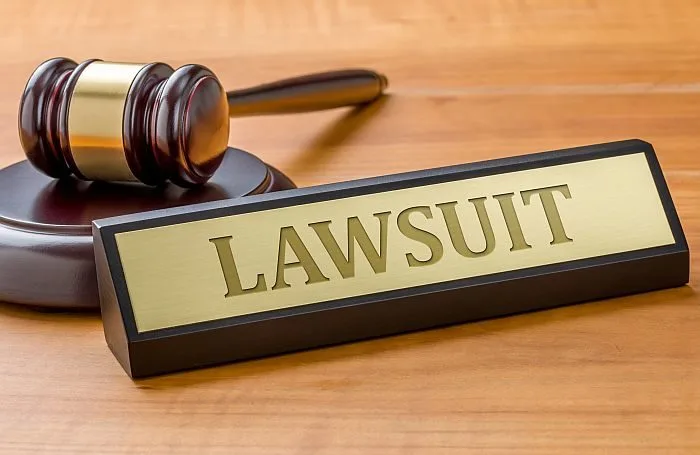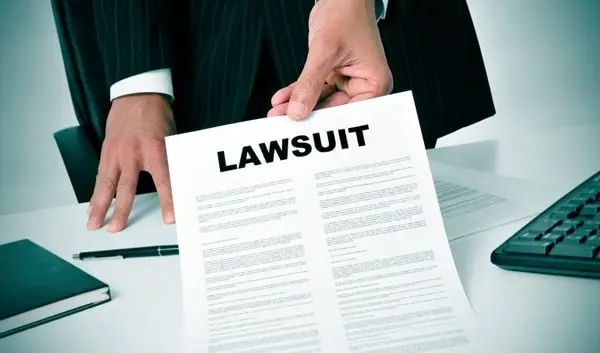ProVia, a well-known manufacturer of windows, doors, and other home improvement products, has built a reputation for offering high-quality and energy-efficient products. However, in recent years, the company has faced various lawsuits and complaints from customers regarding the quality and performance of its windows. These legal challenges highlight several recurring issues, ranging from defective product claims to problems with customer service and warranty coverage. This article delves into the key aspects of these lawsuits and their potential impact on the company and its consumers.
Common Allegations: Product Defects and Performance Issues
The majority of complaints and lawsuits against ProVia focus on the performance of its windows. Customers have reported several issues, including poor insulation, window leaks, and difficulty in operating the windows. These problems have led to concerns about the long-term durability and energy efficiency of ProVia windows, with some homeowners stating that the product did not perform as advertised.
In one notable lawsuit, a customer claimed that faulty ProVia windows resulted in significant water damage to their home, leading to costly repairs. Other consumers have echoed similar complaints, alleging that the windows failed to provide the noise reduction or thermal insulation promised by the company. These lawsuits often argue that ProVia did not adequately address or resolve these issues, leaving homeowners with expensive repair bills.
Warranty and Customer Service Complaints
ProVia offers a lifetime transferable warranty on many of its products, which is meant to give consumers peace of mind regarding potential defects. However, several lawsuits have been filed over claims that the company did not honor these warranties. Customers have expressed frustration with the warranty claims process, reporting difficulties in getting ProVia to address defects or replace faulty windows in a timely manner.
One case involved a homeowner who, after experiencing a seal failure in their windows, claimed ProVia delayed the replacement process and did not take responsibility for the defective product. Other consumers have alleged that ProVia’s customer service team was unresponsive or unwilling to resolve issues under warranty, leading to dissatisfaction and, in some cases, legal action.
Legal Procedures and Settlements
Many of the lawsuits against ProVia have been settled outside of court, with the company agreeing to compensate consumers for the damages they incurred. Settlements often involve monetary compensation for repairs or the replacement of defective windows. While settling these cases helps avoid the costs of prolonged litigation, it also indicates that ProVia has faced multiple instances where its products did not meet consumer expectations.
In some cases, lawsuits have gone to trial, where the courts must determine whether ProVia breached its obligations under the warranty or failed to provide a product that met the advertised standards. These court decisions can have a lasting impact on the company’s legal strategy and influence future warranty policies and product development.
Impact on ProVia’s Reputation
The lawsuits and consumer complaints against ProVia have raised concerns about the company’s commitment to product quality and customer satisfaction. While ProVia has defended its products in court and through public statements, these legal challenges have put pressure on the company to improve its customer service and product reliability.
Moreover, negative publicity surrounding these lawsuits can harm ProVia’s reputation, especially in the competitive home improvement industry, where consumers often rely on brand trust when making significant purchases. Companies like Andersen and Pella, which compete with ProVia, are also subject to legal scrutiny, but they have managed to maintain strong reputations despite occasional product-related issues.
Preventing Future Issues: What Consumers Should Know
For homeowners considering ProVia windows or those already facing issues with their windows, there are several steps that can help prevent or resolve potential problems:
- Thorough Research: Before purchasing windows, consumers should research the product thoroughly, paying attention to reviews and understanding the warranty terms. Ensuring that the product matches the specific needs of the home, such as noise reduction or insulation, can prevent future dissatisfaction.
- Professional Installation: Many of the issues reported by consumers, such as leaks or insulation failures, can result from improper installation. Ensuring that windows are installed by certified professionals can help minimize these risks and improve the product’s overall performance.
- Warranty Awareness: Consumers should familiarize themselves with the details of ProVia’s warranty and maintain records of their purchase and installation. This can make the claims process easier if any issues arise in the future.
Conclusion
The lawsuits against ProVia illustrate the challenges that companies face in maintaining high-quality products and customer satisfaction in a competitive market. While ProVia has taken steps to resolve some of these disputes, ongoing complaints suggest that there may be room for improvement in product quality and customer service. Homeowners considering ProVia windows should be diligent in their research and ensure they understand the warranty terms to avoid potential issues. As the company continues to navigate these legal challenges, its response will play a crucial role in shaping its reputation and future business practices.


